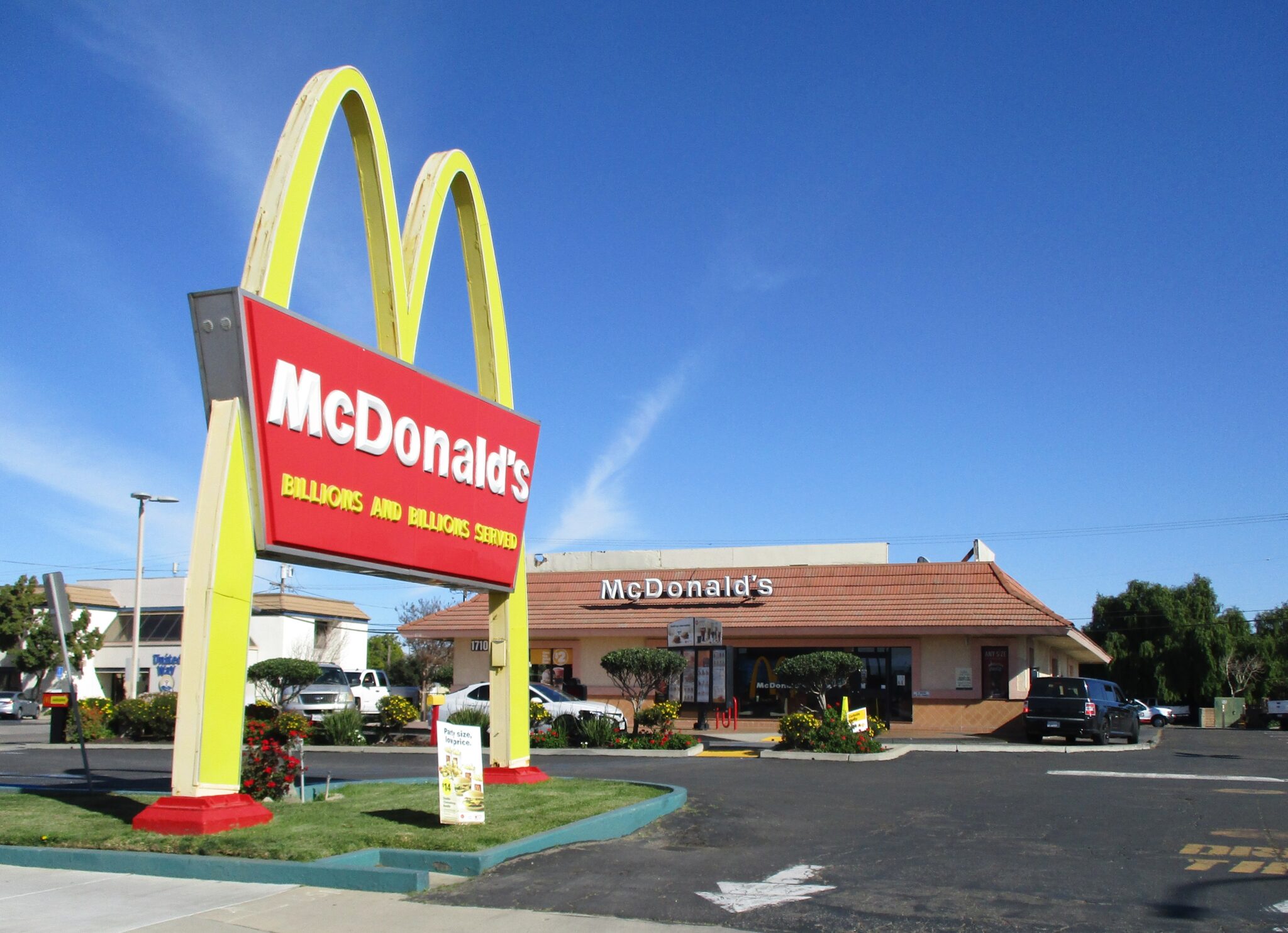In today’s News and Commentary, UAW files unfair labor charges against Mercedes-Benz, Congressional Democrats call for an extension for Employment Authorization Documents, and California fast food workers’ minimum wage increases to $20 an hour today.
The United Auto Workers filed unfair labor charges against Mercedes-Benz Group alleging “aggressive and illegal union busting.” As of late February, a majority of workers at Mercedes’ Vance, Alabama plant had signed cards to join the union. The UAW now claims that workers have been harassed and intimidated for this support or participation in union activities. Workers allege retaliatory stonewalling of medical paperwork and arbitrary enforcement of no-phone policies in order to punish union efforts. As John reported last month, the automaker’s largest US factory held a captive audience meeting opposing the UAW and appears to be revving up its anti-union campaign. Both the union and the company are preparing for a long and contentious process.
Congressional Democrats are pushing for a rule that would permanently extend the grace period for expired work permits if an application for renewal is pending. This push comes as many immigrants face a fast approaching expiration of their work authorization without any word as to their timely filed renewal applications. Beginning April 24, tens of thousands of work authorization permits will expire. Immigrants, who applied to renew their permits last fall, are experiencing processing times of up to 16 months. The permits are typically valid for 180 days post-expiration, but the grace period was briefly extended to a year and a half in 2022 due to US Citizenship and Immigration Services’ processing backlogs. The extension regulations have since expired, but a new rule, currently under White House review, would again temporarily increase the validity period. The congressional Democrats released a letter last week calling for a permanent extension and focusing concerns on the uncertainty business owners face. The letter stresses that “employers need to be able to plan and operate knowing that their workforce will not be disrupted by abrupt changes in work authorization status.” Ten Senate Democrats and sixty House Democrats signed the letter.
Over 500,000 Californian workers will see an increase in their hourly wage starting today. Fast food workers in the state will now be paid at least $20 an hour in accordance with a law passed last fall. The law passed as a result of negotiations between labor unions, fast food corporations and fast food franchise owner trade associations. Labor unions agreed to cease efforts to hold corporations accountable for the misdeeds of independent franchise operators and the corporations agreed to remove a referendum related to worker wages from the 2024 ballot. The franchise owners trade associations initially supported the law, but have since complained about the impact the new wage will have on them. Franchise owners claim they will have to cut workers’ hours, raise prices, and potentially even close branches as a result of this wage increase. California’s minimum wage currently sits at $16 an hour, nearly double what it was a decade ago. Labor economists have shown that the decade-long wage increases did not cause a decline in employment or overall pay. Still, many chains have indicated plans to increase adoption of automation, to simplify operations, and even to shorten business hours.







Daily News & Commentary
Start your day with our roundup of the latest labor developments. See all
February 27
The Ninth Circuit allows Trump to dismantle certain government unions based on national security concerns; and the DOL set to focus enforcement on firms with “outsized market power.”
February 26
Workplace AI regulations proposed in Michigan; en banc D.C. Circuit hears oral argument in CFPB case; white police officers sue Philadelphia over DEI policy.
February 25
OSHA workplace inspections significantly drop in 2025; the Court denies a petition for certiorari to review a Minnesota law banning mandatory anti-union meetings at work; and the Court declines two petitions to determine whether Air Force service members should receive backpay as a result of religious challenges to the now-revoked COVID-19 vaccine mandate.
February 24
In today’s news and commentary, the NLRB uses the Obama-era Browning-Ferris standard, a fired National Park ranger sues the Department of Interior and the National Park Service, the NLRB closes out Amazon’s labor dispute on Staten Island, and OIRA signals changes to the Biden-era independent contractor rule. The NLRB ruled that Browning-Ferris Industries jointly employed […]
February 23
In today’s news and commentary, the Trump administration proposes a rule limiting employment authorization for asylum seekers and Matt Bruenig introduces a new LLM tool analyzing employer rules under Stericycle. Law360 reports that the Trump administration proposed a rule on Friday that would change the employment authorization process for asylum seekers. Under the proposed rule, […]
February 22
A petition for certiorari in Bivens v. Zep, New York nurses end their historic six-week-strike, and Professor Block argues for just cause protections in New York City.